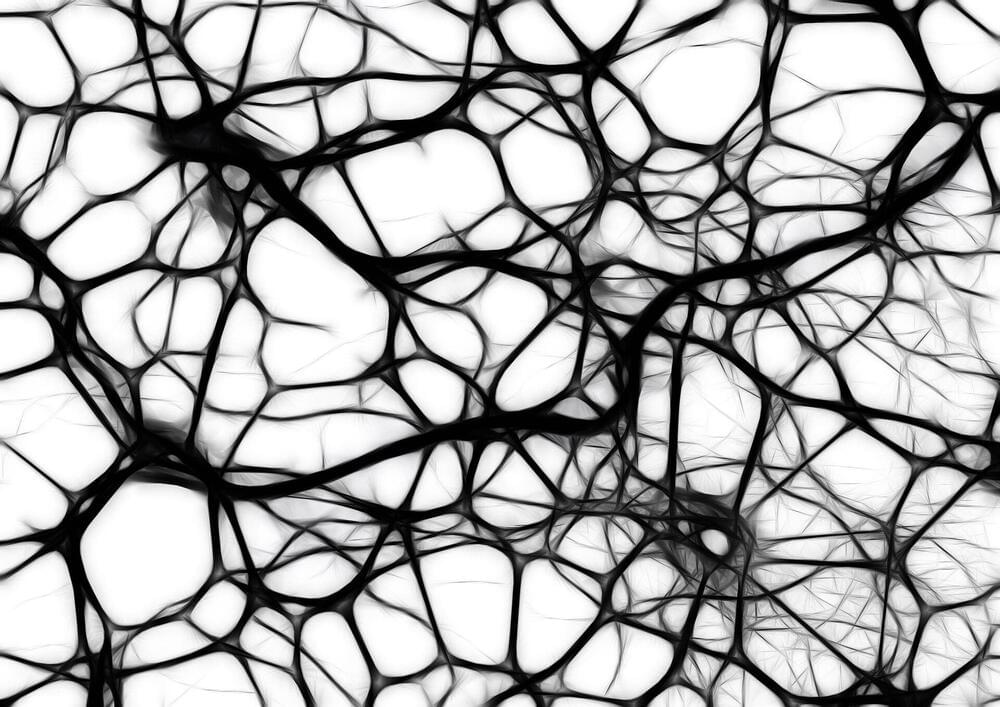To solve the mysteries of how learning and memory occur, Johns Hopkins Medicine scientists have created a system to track millions of connections among brain cells in mice—all at the same time—when the animals’ whiskers are tweaked, an indicator for learning.
Researchers say the new tool gives an unprecedented view of brain cell activity in a synapse—a tiny space between two brain cells, where molecules and chemicals are passed back and forth.
“It was science fiction to be able to image nearly every synapse in the brain and watch a change in behavior,” says Richard Huganir, Ph.D., Bloomberg Distinguished Professor of Neuroscience and Psychological and Brain Sciences at The Johns Hopkins University and director of the Department of Neuroscience at the Johns Hopkins University School of Medicine.
